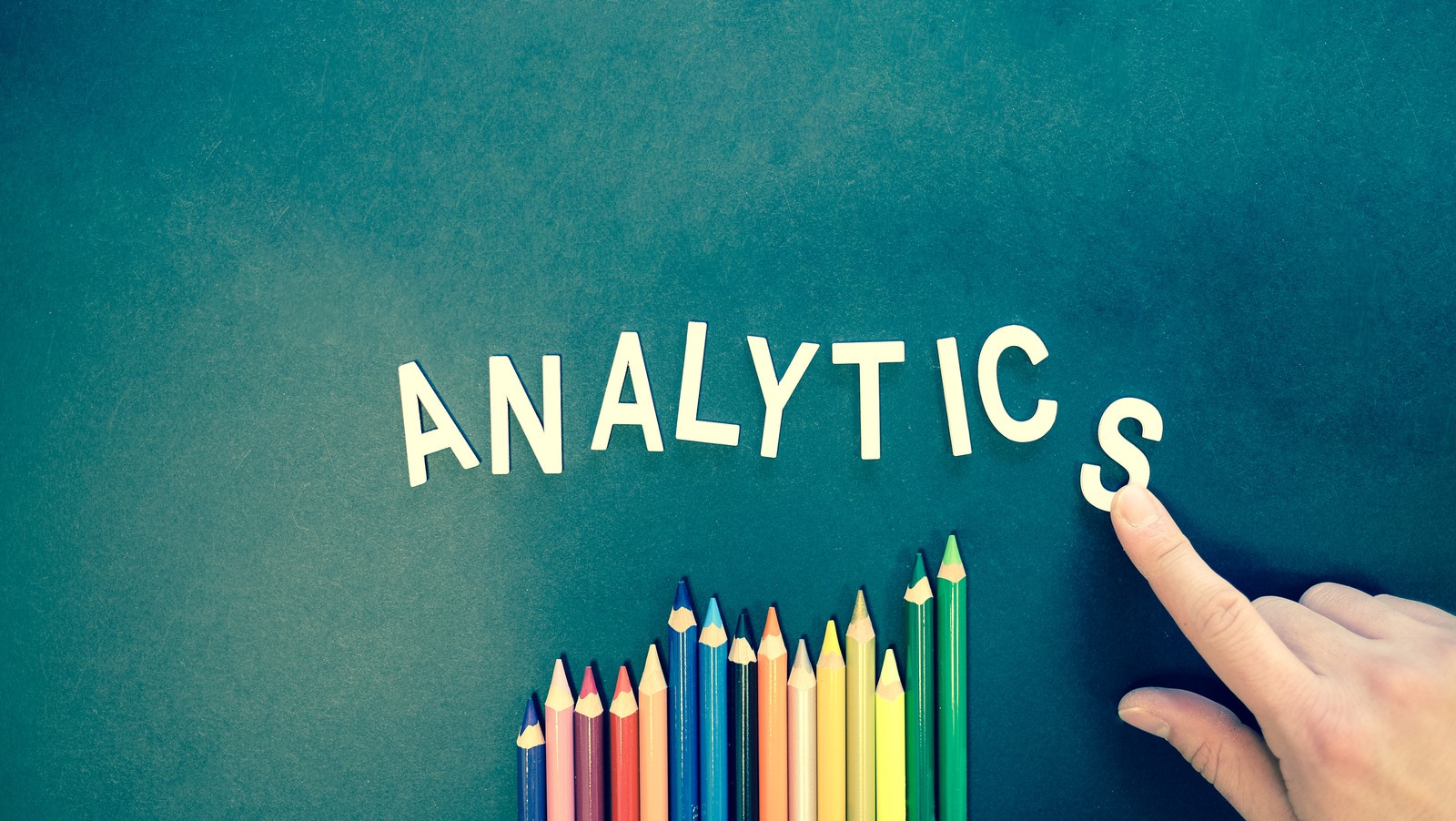Statistics play a significant role in discoveries in science, making decisions and predictions based on data. Here, Gradhopper lists introductory to advanced statistics courses from world renowned universities for you to get the best learning experience with the deepest knowledge on statistics for FREE.
Currently, Gradhopper lists more than 1200 online courses hosted by it’s university or EdX which is the only open source platform. EdX offers a verified certificate for an additional fee, if you wish to include in your resume.
Although this article contains only 15 FREE statistics courses, you will find many more courses in mathematic and statistic discipline.
- Fundamentals of Statistics, MIT
- You will learn hypothesis testing, goodness of fit test, linear, nonlinear and generalized linear models, principal component analysis (PCA) and more.
- 10-14 hours per week to cover the course in 18 weeks.
- Statistical Thinking for Data Science and Analytics, Columbia University
- This course covers data collection, analysis and inference, data classification, conditional probability, Bayesian modeling, basics of linear regression and data visualization.
- 7-10 hours per week to cover the course in 5 weeks.
- Mathematical Statistics, MIT
- You will learn decision theory, estimation, confidence intervals, and hypothesis testing. It introduces large sample theory, asymptotic efficiency of estimates, exponential families, and sequential analysis.
- Includes lecture notes, assignments and exam questions.
- Fat Chance: Probability from the Ground Up, Harvard University
- Basic probability and statistics, and introductory understanding of the normal distribution.
- How to solve combinatorial counting and basic and advanced probability problems.
- 3-5 hours per week to cover the course in 7 weeks.
- Probability and Random Variables, MIT
- You will learn distribution functions, binomial, geometric, hypergeometric, and Poisson distributions. The other topics covered are uniform, exponential, normal, gamma and beta distributions; conditional probability; Bayes theorem; joint distributions; Chebyshev inequality; law of large numbers; and central limit theorem.
- Includes lecture notes, assignment, exam questions, and more.
- Introduction to Probability, Harvard University
- This course provides a story approach to understanding random variables, common probability distributions, conditional probability and more.
- 7-10 hours per week to cover the course in 5 weeks.
- Statistical Learning, Stanford University
- This course focuses on regression and classification methods.
- Syllabus includes linear and polynomial regression, logistic regression and linear discriminant analysis; cross-validation and the bootstrap, model selection and regularization methods (ridge and lasso); nonlinear models, splines and generalized additive models; tree-based methods, random forests and boosting; support-vector machines.
- Principles, Statistical and Computational Tools for Reproducible Science, Harvard University
- This course will provide a better understanding of thought process, analysis paradigms, and computational and statistical tools in reproducible research.
- You will also learn experimental design, statistical methods, computational tools and more.
- 3-8 hours per week to cover the course in 8 weeks.
- Statistics and R, Harvard University
- You will learn random variables, distributions, Inference: p-values and confidence intervals, exploratory data analysis, non-parametric statistics.
- 2-4 hours per week to cover the course in 4 weeks.
- Data Science: R Basics, Harvard University
- You will learn basic R syntax, foundational R programming concepts such as data types, vectors arithmetic, and indexing, and operations.
- 1-2 hours per week to cover the course in 8 weeks.
- Statistics for Applications, MIT
- This course provides an in-depth theoretical foundation for statistical methods that are useful in many applications.
- Topics include introduction to statistics, parametric inference, maximum likelihood estimation, the method of moments, parametric hypothesis testing, testing goodness of fit, regression, Bayesian statistics, principal component analysis, generalized linear model.
- Includes video lectures, lecture notes and assignment questions.
- Statistical Mechanics I: Statistical Mechanics of Particles, MIT
- This course provides a probabilistic approach to equilibrium properties of large numbers of degrees of freedom.
- Topics cover Thermodynamics, probability theory, kinetic theory, classical statistical mechanics, interacting systems, quantum statistical mechanics, and identical particles.
- Includes video lectures, lecture notes, and assignments.
- Statistical Mechanics II: Statistical Physics of Fields, MIT
- This course provides an understanding of the laws of thermodynamics and the concepts of temperature, work, heat, and entropy.
- Includes video lectures, lecture notes, assignments and exam questions.
- Statistical Analysis in Bioinformatics, The University System of Maryland
- You will learn applying packages in the R environment to determine changes in gene expression and locate genes in a full genomic sequence.
- 8-10 hours per week to cover the course in 8 weeks.
- Statistics for Brain and Cognitive Science, MIT
- This course provides the basic tools for analyzing experimental data, properly interpreting statistical reports in the literature, and reasoning under uncertain situations.
- Topics are covered around probability, statistical, and the linear model.
- Includes lecture notes and assignments.


